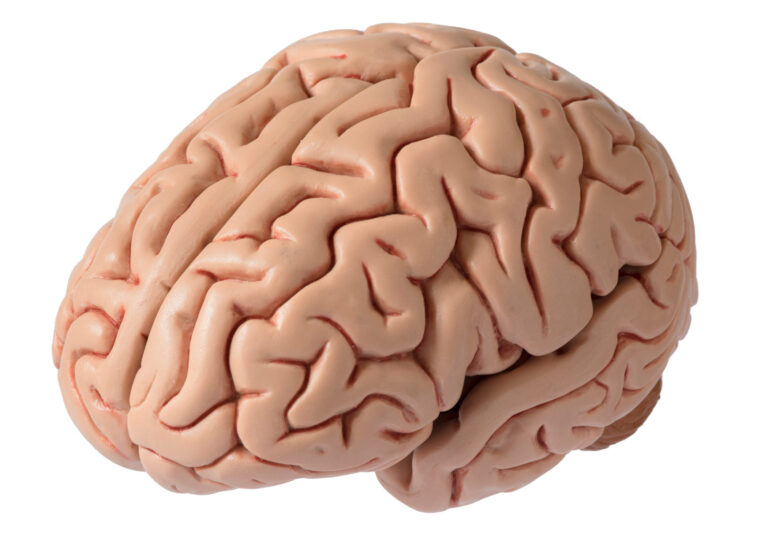Dementia is a devastating disease that affects millions of people worldwide. It is a progressive condition that impairs memory, thinking, and behavior, ultimately leading to the inability to perform daily tasks and loss of independence. It is estimated that there are currently 50 million people living with dementia, and this number is expected to triple by 2050. With no known cure for dementia, researchers and scientists are tirelessly working towards finding a breakthrough in understanding and treating this disease.
One crucial aspect of dementia research is brain donation. Brain donation involves the donation of brain tissue after death for scientific study and research. While it may sound unsettling to some, brain donation plays a significant role in advancing our understanding of dementia and finding potential treatments.
There are several benefits to brain donation for dementia research. Firstly, it allows researchers to study the brain tissue of individuals who have been diagnosed with dementia. This provides valuable insights into the brain’s physical changes that occur during the different stages of the disease. By examining the brain tissue, researchers can identify the presence of amyloid plaques and tau tangles, which are hallmarks of Alzheimer’s disease, the most common form of dementia.
Secondly, brain donation helps researchers to understand the genetic factors involved in dementia. By studying the genetic makeup of donated brains, researchers can identify genetic mutations associated with different forms of dementia. This information is crucial in developing targeted treatments for specific types of dementia.
Moreover, brain donation allows for a more accurate diagnosis of dementia. While some forms of dementia can be diagnosed during a person’s lifetime through cognitive and memory tests, others can only be confirmed post-mortem by examining the brain tissue. This information is vital in ensuring accurate diagnoses and improving our understanding of the disease.
Brain donation also plays a critical role in developing new treatments for dementia. By studying the donated brain tissue, researchers can test potential treatments and assess their effectiveness in targeting the specific changes in the brain that lead to dementia. This is crucial in the development of new drugs and therapies that can slow down or even stop the progression of the disease.
In addition to its scientific benefits, brain donation also provides a sense of purpose and comfort to the family members of the donor. Knowing that their loved one’s brain tissue will be used for research to help find a cure for dementia can bring a sense of closure and peace during a difficult time.
Unfortunately, brain donation for dementia research is still relatively uncommon. Many people are not aware of its importance, and others may have hesitations or misconceptions about the process. Some may fear that their loved one’s body will be disfigured, or that it goes against their religious beliefs. However, it is essential to understand that brain donation does not interfere with traditional funeral arrangements, and the utmost respect and dignity are given to the donor’s body.
The decision to donate one’s brain is a personal one and should be discussed with family members beforehand. It is also vital to register with a brain bank or research institution that specializes in dementia research and has established protocols for brain donation. This ensures that the process is carried out smoothly and according to the donor’s wishes.
In conclusion, brain donation for dementia research is crucial in advancing our understanding of this devastating disease. It provides valuable information about the physical changes in the brain, helps identify genetic factors, aids in accurate diagnoses, and plays a significant role in developing new treatments. If we want to find a cure for dementia and improve the lives of those affected by it, brain donation is a crucial step in that direction. By choosing to donate our brains, we can leave a lasting impact on future generations and contribute to the search for a cure.




